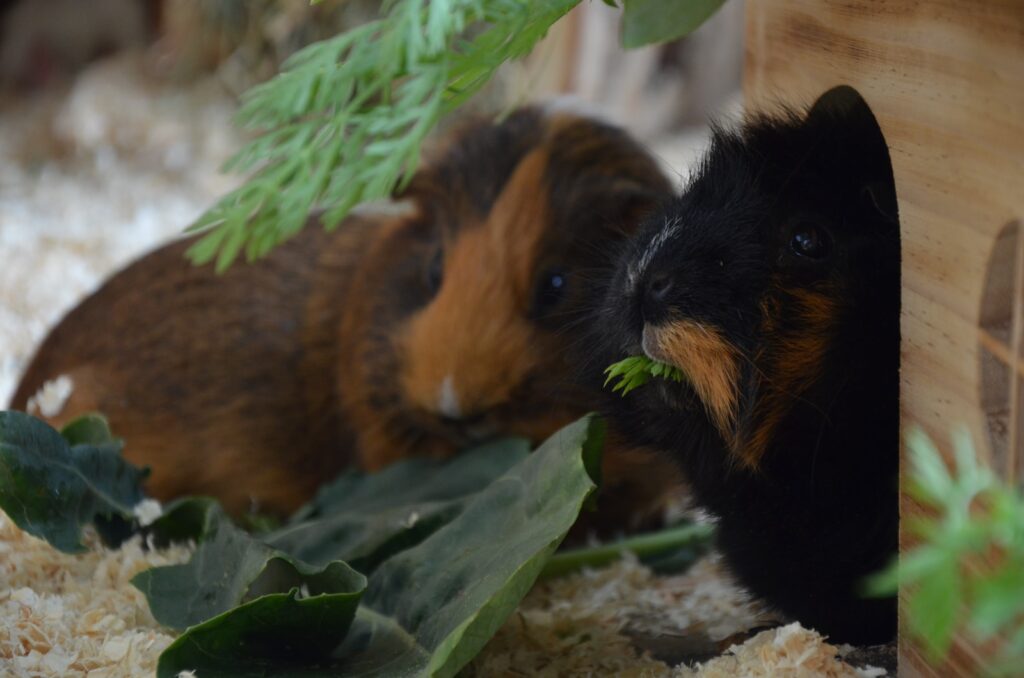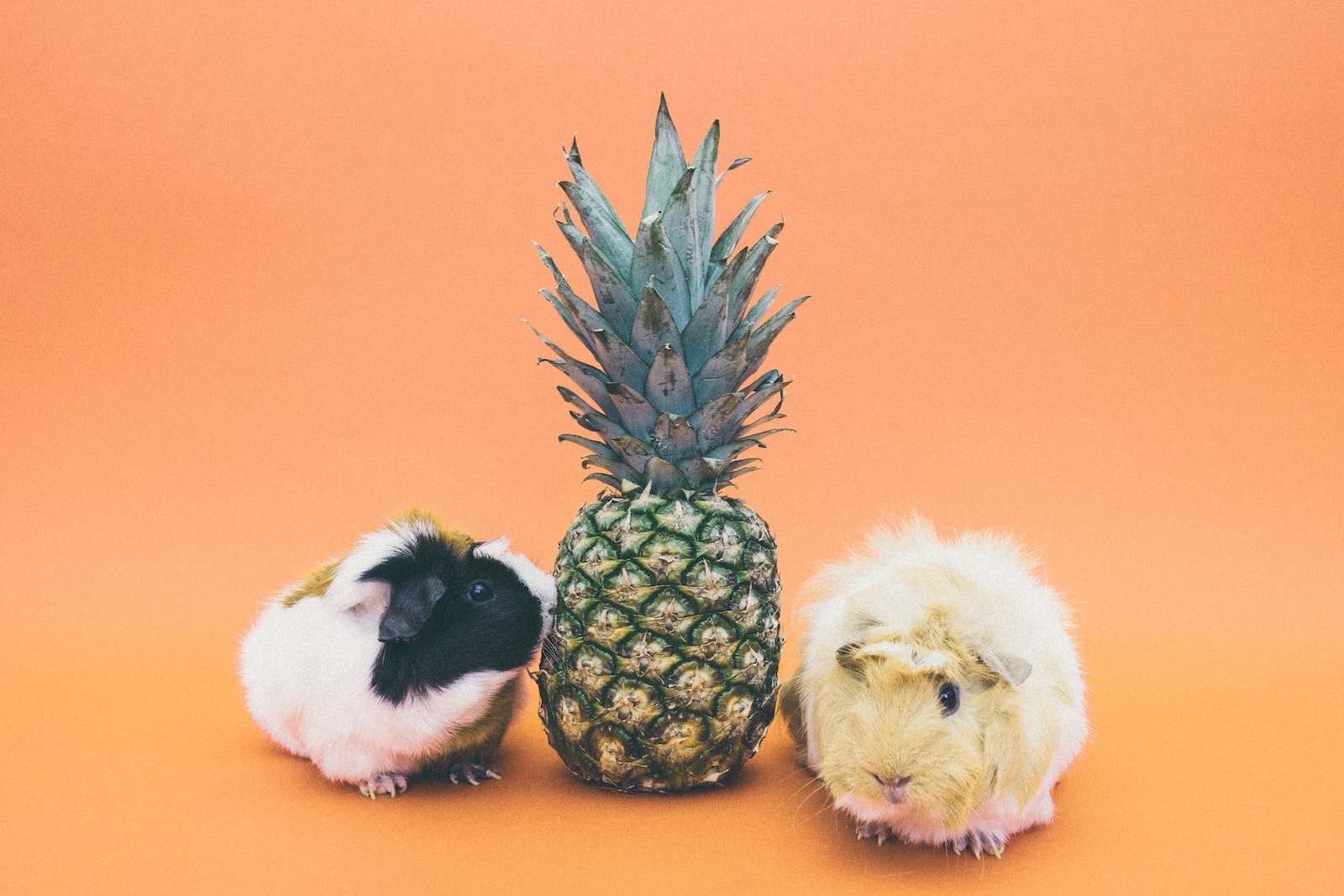In the enchanting realm of small, furry companions, guinea pigs have secured a special place in our hearts. As we welcome these delightful creatures into our homes, a common curiosity arises: are guinea pigs nocturnal? This question goes beyond mere trivia for pet enthusiasts; it delves into the intricacies of understanding and harmonizing with our pint-sized friends’ natural behaviors.
Picture this: it’s the quiet hours of the night, and you find yourself wondering if your guinea pig is silently navigating its enclosure, engaged in nocturnal activities. In this article, we will embark on a journey to demystify the sleep patterns of guinea pigs, shedding light on their habits, needs, and the best practices for ensuring their well-being.
The Nocturnal Conundrum

To unravel the mystery of whether guinea pigs are truly nocturnal, we must first explore the nuances of their behavior. Contrary to popular belief, guinea pigs are not strictly nocturnal. Instead, they exhibit a crepuscular lifestyle, meaning they are most active during the dawn and dusk hours.
Imagine the serene twilight casting a soft glow on your guinea pig’s habitat as it awakens from its daytime slumber. Understanding this crepuscular nature is crucial for providing an environment that aligns with their natural instincts.
The Twilight Playground: Understanding Crepuscular Behavior
Guinea pigs’ crepuscular tendencies are deeply ingrained in their evolutionary history. In the wild, these social animals would emerge during the low-light periods to forage for food, socialize, and ensure their survival. This behavior has persisted through domestication, shaping the daily rhythms of our adorable companions.
As the sun dips below the horizon, your guinea pig may come alive, showcasing its playful and social side. Creating a twilight playground for your pet with stimulating activities and companionship during these peak hours can enhance their well-being.
Creating a Nocturnal Haven: Optimal Living Conditions
While guinea pigs are not nocturnal, providing them with an environment that respects their crepuscular instincts is vital. Ensuring they have a cozy and secure living space, complete with hiding spots and comfortable bedding, allows them to express their natural behaviors.
Imagine your guinea pig burrowing into a soft, plush bedding during the day, mimicking the cozy nests they would create in the wild. Crafting a haven that caters to their crepuscular needs fosters a content and thriving pet.
Nocturnal vs. Crepuscular: Navigating Your Guinea Pig’s Routine
In the grand tapestry of guinea pig care, understanding the subtle differences between nocturnal and crepuscular behaviors equips you to be a conscientious and nurturing pet owner. By aligning with their natural patterns, you not only promote their physical health but also strengthen the bond between you and your furry companion.
Picture the joy of sharing those magical twilight hours with your guinea pig, forging a connection that transcends the confines of their enclosure. In the end, it’s not about whether they are nocturnal but about embracing and cherishing the unique qualities that make them the delightful companions they are.
Conclusion
As we conclude our exploration into the nocturnal tendencies of guinea pigs, it becomes evident that these small creatures add a touch of magic to our lives. By understanding and respecting their crepuscular nature, we unlock the secrets to a harmonious and joyful companionship.
So, the next time you find yourself in the quietude of the evening, take a moment to appreciate the enchanting world of your guinea pig, reveling in the camaraderie that transcends the boundaries of sunlight and shadows.
FAQs
1. Do guinea pigs sleep during the day?
Guinea pigs do sleep during the day, and their sleep patterns align with their crepuscular nature. Providing a comfortable and secure environment during their daytime slumber is essential for their well-being.
2. How can I create an ideal twilight playground for my guinea pig?
Crafting an ideal twilight playground involves incorporating stimulating activities and ensuring companionship during the dawn and dusk hours. This can include providing toys, tunnels, and social interaction to keep them engaged and happy.
3. Are there health risks if my guinea pig’s sleep pattern is disrupted?
Disrupting your guinea pig’s natural sleep pattern can lead to stress and potential health issues. It’s crucial to respect their crepuscular instincts and provide a consistent routine to promote a healthy and content lifestyle.
4. Can guinea pigs adapt to a nocturnal schedule?
While guinea pigs are naturally crepuscular, they may adapt to slight variations in their routine. However, it’s essential to prioritize their well-being and ensure any adjustments align with their natural behaviors.
5. Are there specific signs that indicate my guinea pig is unhappy with its sleep environment?
Signs of discomfort in your guinea pig’s sleep environment may include increased stress, restlessness, or changes in behavior. Regularly assessing and adapting their living conditions can help address any issues and promote a happy and healthy pet.

